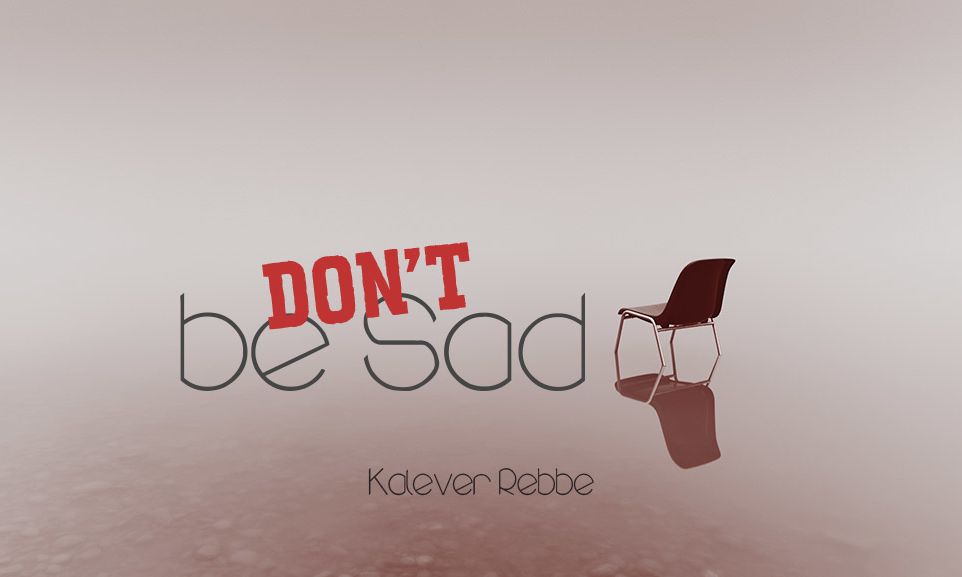
Don’t Be Sad
Learn the lesson of Yosef and his brothers. A person cannot live a happy life when he is constantly jealous of others. Don't allow this negative emotion to entrap you in a state of depression! Rather, live a happy life that is void of hatred and jealousy.

“But now do not be sad”. (Bereishit 45:5)
Like One Person
In 1913, R’ Mendel Beilis was to stand trial, in the case that would become known as the “Beilis Trial.” He was accused of murdering a boy near Kiev and using his blood to bake matzos. The Jewish world was shocked. People davened for him and did all they could to secure his acquittal.
In making their case, the prosecution quoted a Chazal from Yuvamos (61a) that teaches that the Jews are referred to as “adam” (mankind) and the non-Jews are not. They were making the case that the yidden believed that non-Jews were not human. Rather, they considered them like animals and, therefore, justified the murder of non-Jews.
HaRav HaGaon Meir Shapiro, zt”l, sent a letter to R’ Mendel’s attorney, advising him to counter this argument by saying as follows: “The word “adam” cannot be written in a plural form. Chazal refers to the Jews as “adam” because they cannot be divided or separated. They are like one, singular person. And this case proves this very concept. One Jew is standing trial, and the entire global Jewish community has mobilized. That does not happen when a Russian or Frenchman stands trial. The Jews are one, unified nation, while the nations of the world are divided. They don’t worry about one another.”
This reasoning helped in the eventual acquittal of R’ Mendel.
The King and the Rabbi
When a Jew is in trouble or they are suffering and facing challenges, the Jewish community does everything they can to help him. However, that dynamic often changes when a Jew is successful and rises to the top. The very same people that would have helped him when he was downtrodden are now consumed with jealousy and hatred. This is even more prevalent with the Jews than the non-Jews.
R’ Shimshon Wertheimer from Vienna, zt”l, was close with King Leopold. The king once asked him, “What sin have the Jews committed that prevents them from being redeemed from exile?”
The Rav thought for a moment and then said, “Baseless hatred and jealousy.”
The king, however, had never seen the Jews behave that way. He didn’t believe the Rav and he commanded him to return with the true answer to his question.
The Rav returned home and beseeched the Heavens to provide the correct answer in a dream. And in that dream, the Heavens informed him that he did indeed provide the king with the proper answer. He should not relinquish his words. Instead, the Heavens would ensure that the king would understand his original answer.
During that same week, the king was wandering alone in the countryside, and he reached a certain village where a Jew offered him a hot meal and a place to sleep. To repay this kindness, the king said, “I will grant you anything that you ask for.”
The Jew answered, “If the king is willing to give me a precious gift, I have an idea. There is a Jew in the neighboring village named Reuven. Every week he comes to my village to trade in all types of goods and furs. He makes a tremendous amount of money. I would like the king to forbid him from doing business in my village ever again.”
“I now realize that R’ Shimshon was right,” the king said. “There is a bitter and powerful hatred and jealousy amongst the Jews. And this is why they are still in exile.”
Jealousy: The Good and the Bad
The Maharal from Prague in Netzach Yisroel (Chapter 25) writes that a non-Jewish scholar once asked him why there was more bickering and hatred amongst the Jews than amongst the non-Jews.
The Maharal answers this question at length, describing that through jealousy comes the motivation to produce scholarly works. When that character trait is utilized for good, it proliferates knowledge at a rate incomparable to any other nation. However, there are those who allow this attribute to lead them astray and they use it to degrade and humiliate someone else. However, deep down, in the innermost chambers of their heart, they do not hate one another.
The Maharal noted: “We see this clearly when a Jew is in trouble. Every Jew mobilizes to help him. For, the Jewish people are truly united. They have a natural compassion for each other”.
Don’t be Sad!
We see this clearly in the Torah parshiyot (weekly Torah portions) of the last few weeks.
Yosef was successful spiritually and physically. His brothers, the holy shevatim (tribes), were jealous of him. Therefore, they judged him unfavorably, declaring that he was guilty of lashon harah (evil speech), haughtiness, etc. Eventually, their reasoning, fueled by this jealousy, led them to believe that he was deserving of the death penalty. Therefore, they tossed him in a pit that was full of dangerous scorpions and snakes and eventually sold him into slavery.
Once Yosef was sold and out of the picture, their jealousy faded. They were once again inspired to live in a state of achdut, unity. They realized that they were wrong to be jealous of their brother. When they went to Egypt, they each entered the city from a different gate in the hope of finding their brother. They were prepared to pay any sum of money to redeem him from slavery. When Yosef imprisoned Shimon until they brought Binyamin to Egypt, they regretted what they had done even more. As it says, “And they said to one another, “Indeed, we are guilty for our brother, that we witnessed the distress of his soul when he begged us, and we did not listen. That is why this trouble has come upon us”. (Bereishit 42:21)
Therefore, when Yosef reveals himself to his brothers, he begins by saying “And Now” – Meaning: Now you realize that true hatred does not exist between us unless it is an argument that is not directed truly for Heaven’s sake. Once I was gone, all your jealousy left, and you regretted what you had done. From this day forward, you will learn to avoid jealousy for it only leads to baseless hatred.
Then Yosef concluded, “Don’t be sad… ” A person cannot live a happy life when he is constantly jealous of others. Don’t allow this negative emotion to entrap you in a state of depression. Rather, live a happy life; a life that is void of hatred and jealousy.
***
The Kalever Rebbe is the seventh Rebbe of the Kaalov Chasidic dynasty, begun by his ancestor who was born to his previously childless parents after receiving a blessing from the Baal Shem Tov zy”a, and later learned under the Maggid of Mezeritch zt”l. The Rebbe has been involved in outreach for more than 30 years and writes weekly emails on understanding current issues through the Torah. Sign up at www.kaalov.org.





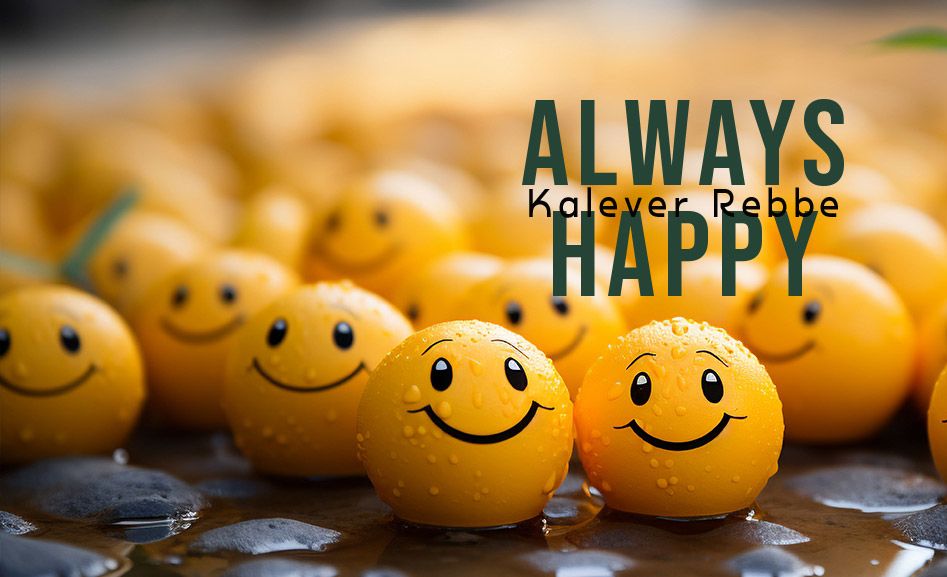
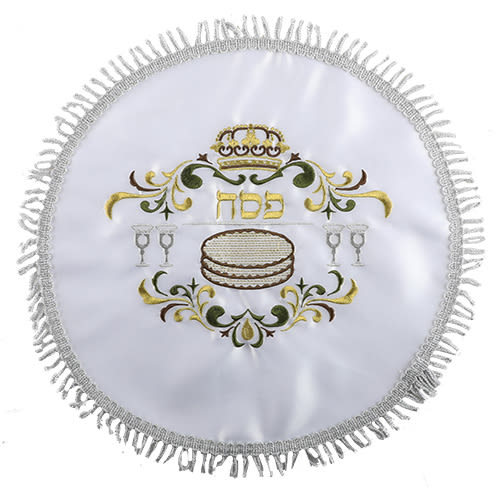
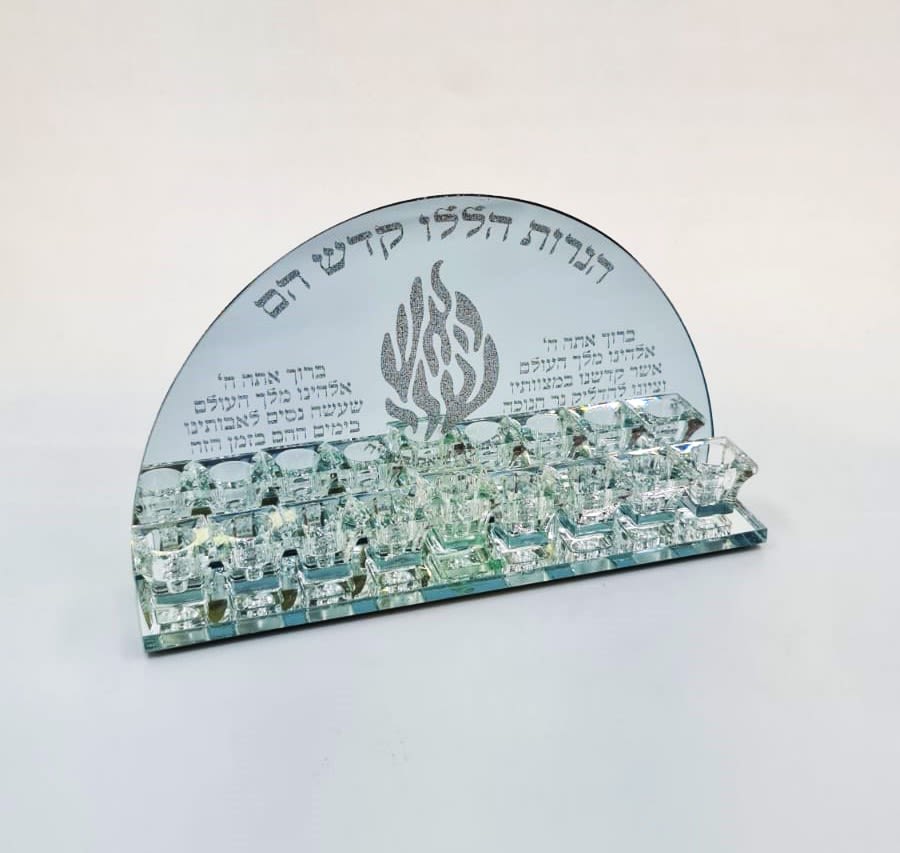
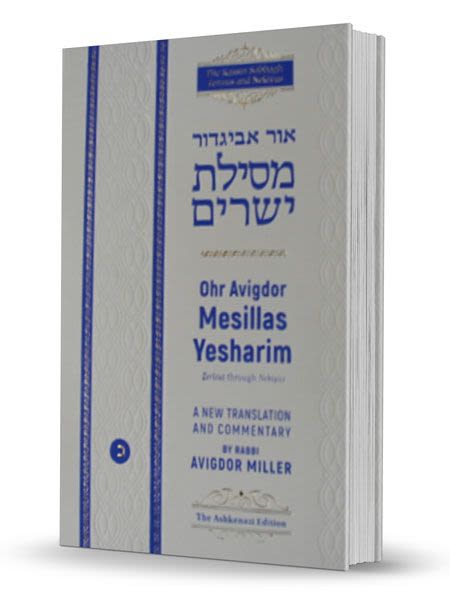
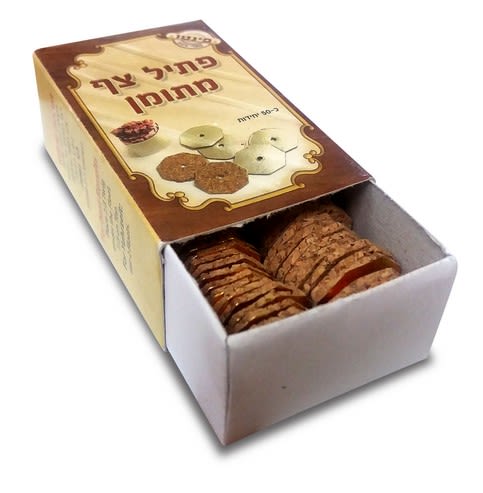

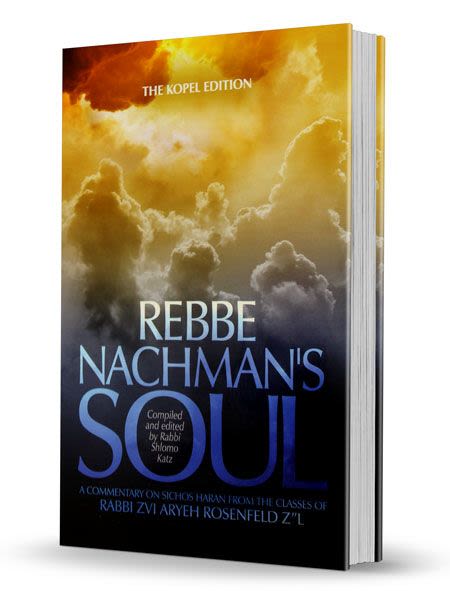
Tell us what you think!
Thank you for your comment!
It will be published after approval by the Editor.